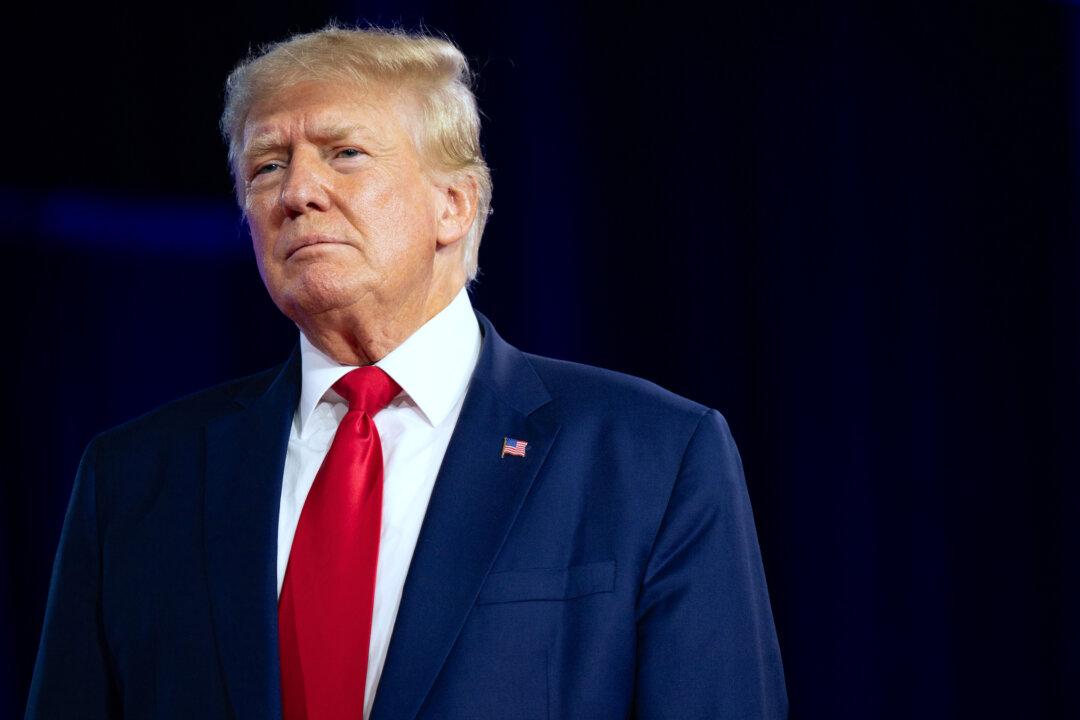Presidential immunity does not protect former President Donald Trump from a case alleging civil rights violations, a U.S. judge ruled on Nov. 28.
“If Former President Trump disrupted the certification of the electoral vote count, as Plaintiffs allege here, such actions would not constitute executive action in defense of the Constitution,” U.S. District Judge Emmet Sullivan, a Clinton appointee, wrote in a 23-page ruling. “For these reasons, the Court concludes that Former President Trump is not immune from monetary damages.”





